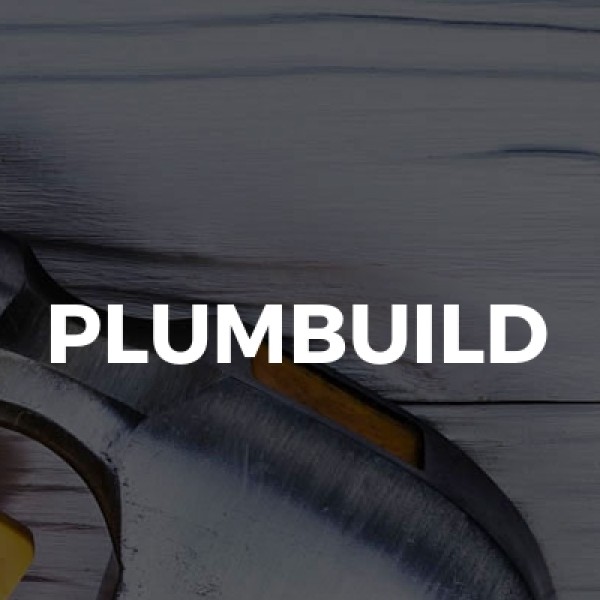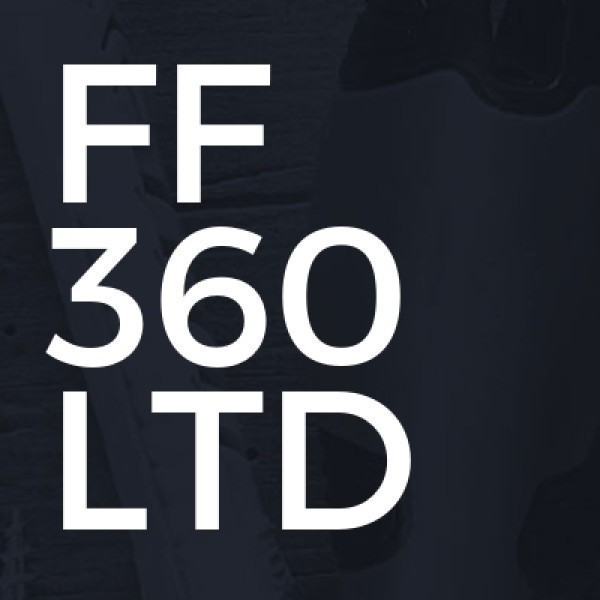Understanding Drainage in Islington
Islington, a vibrant borough in North London, is known for its rich history, diverse culture, and bustling urban life. However, like any urban area, Islington faces its own set of challenges, one of which is drainage. Proper drainage is crucial for maintaining the infrastructure, preventing flooding, and ensuring the health and safety of its residents. In this article, we will explore the various aspects of drainage in Islington, from its history to modern solutions, and provide insights into how residents and local authorities can work together to manage this essential service effectively.
The Historical Context of Drainage in Islington
Islington's history dates back to the Roman era, and over the centuries, its drainage systems have evolved significantly. In the past, drainage was rudimentary, relying on natural watercourses and basic channels. As the population grew, the need for more sophisticated systems became apparent. The Victorian era marked a significant turning point, with the introduction of underground sewers and improved sanitation. These developments laid the groundwork for the modern drainage systems we see today.
Current Drainage Infrastructure in Islington
Today, Islington boasts a complex network of drains, sewers, and water management systems. The borough's drainage infrastructure is designed to handle both wastewater and stormwater, ensuring that excess water is efficiently removed from streets and properties. This infrastructure includes a combination of public and private systems, with Thames Water being the primary utility responsible for maintaining the public sewers.
Public vs. Private Drainage Systems
In Islington, drainage systems can be classified into public and private categories. Public systems are managed by local authorities and utility companies, while private systems are the responsibility of property owners. Understanding the distinction between these two types is crucial for residents, as it determines who is responsible for maintenance and repairs.
Challenges Facing Drainage in Islington
Despite the advancements in drainage technology, Islington faces several challenges. Urbanisation, climate change, and ageing infrastructure all contribute to the complexity of managing drainage in the borough.
Urbanisation and Increased Demand
As Islington continues to grow, the demand on its drainage systems increases. More buildings, roads, and paved surfaces mean less natural ground to absorb rainwater, leading to potential flooding and waterlogging issues.
Climate Change and Extreme Weather
Climate change has led to more frequent and intense rainfall events, putting additional pressure on drainage systems. Islington must adapt to these changes by implementing more resilient infrastructure and adopting innovative water management practices.
Ageing Infrastructure
Many of Islington's drainage systems are decades old and require regular maintenance and upgrades to function effectively. Ageing pipes and sewers can lead to leaks, blockages, and other issues that disrupt the flow of water.
Innovative Solutions for Drainage in Islington
To address these challenges, Islington is exploring various innovative solutions. These include green infrastructure, smart technology, and community engagement initiatives.
Green Infrastructure
Green infrastructure, such as green roofs, rain gardens, and permeable pavements, can help manage stormwater more sustainably. These solutions mimic natural processes, allowing water to be absorbed and filtered before reaching the drainage system.
Smart Technology
Smart technology, including sensors and data analytics, can provide real-time information about drainage system performance. This technology enables proactive maintenance and rapid response to potential issues, reducing the risk of flooding and other problems.
Community Engagement
Engaging the community is essential for effective drainage management. Educating residents about proper waste disposal, water conservation, and reporting drainage issues can help prevent blockages and other problems.
The Role of Local Authorities in Drainage Management
Local authorities in Islington play a crucial role in managing drainage systems. They are responsible for planning, maintaining, and upgrading infrastructure, as well as enforcing regulations and policies related to drainage.
Planning and Development
Local authorities must consider drainage when approving new developments. This includes ensuring that new buildings and infrastructure do not exacerbate existing drainage issues and that adequate systems are in place to manage additional water flow.
Maintenance and Upgrades
Regular maintenance and upgrades are essential for keeping drainage systems in good working order. Local authorities must allocate resources for cleaning, repairing, and replacing ageing infrastructure to prevent failures and disruptions.
Regulation and Policy
Enforcing regulations and policies related to drainage is another critical responsibility of local authorities. This includes ensuring compliance with environmental standards, managing water quality, and addressing illegal connections and discharges.
How Residents Can Contribute to Effective Drainage
Residents of Islington can play an active role in maintaining effective drainage systems. By taking simple steps and being mindful of their actions, they can help prevent blockages and reduce the risk of flooding.
Proper Waste Disposal
One of the most common causes of drainage issues is improper waste disposal. Residents should avoid flushing non-biodegradable items, such as wipes and sanitary products, down the toilet and ensure that fats, oils, and grease are not poured down the sink.
Water Conservation
Conserving water can reduce the strain on drainage systems. Simple measures, such as fixing leaks, using water-efficient appliances, and collecting rainwater for gardening, can make a significant difference.
Reporting Issues
Residents should report any drainage issues, such as blockages or flooding, to the local authorities or utility companies promptly. Early intervention can prevent minor problems from escalating into major disruptions.
Frequently Asked Questions
- What is the main cause of drainage problems in Islington? The main causes include urbanisation, climate change, and ageing infrastructure, which increase the demand on drainage systems and lead to potential issues.
- How can residents help prevent drainage issues? Residents can help by disposing of waste properly, conserving water, and reporting any drainage problems to the authorities.
- What role do local authorities play in drainage management? Local authorities are responsible for planning, maintaining, and upgrading drainage infrastructure, as well as enforcing regulations and policies.
- What are some innovative solutions for drainage in Islington? Innovative solutions include green infrastructure, smart technology, and community engagement initiatives.
- How does climate change affect drainage in Islington? Climate change leads to more frequent and intense rainfall, putting additional pressure on drainage systems and increasing the risk of flooding.
- What is green infrastructure? Green infrastructure refers to natural solutions, such as green roofs and rain gardens, that help manage stormwater sustainably by mimicking natural processes.
In conclusion, drainage in Islington is a complex but manageable challenge. By understanding the historical context, recognising current challenges, and embracing innovative solutions, both residents and local authorities can work together to ensure a resilient and effective drainage system for the future. Through collaboration and proactive measures, Islington can continue to thrive as a vibrant and sustainable urban community.









